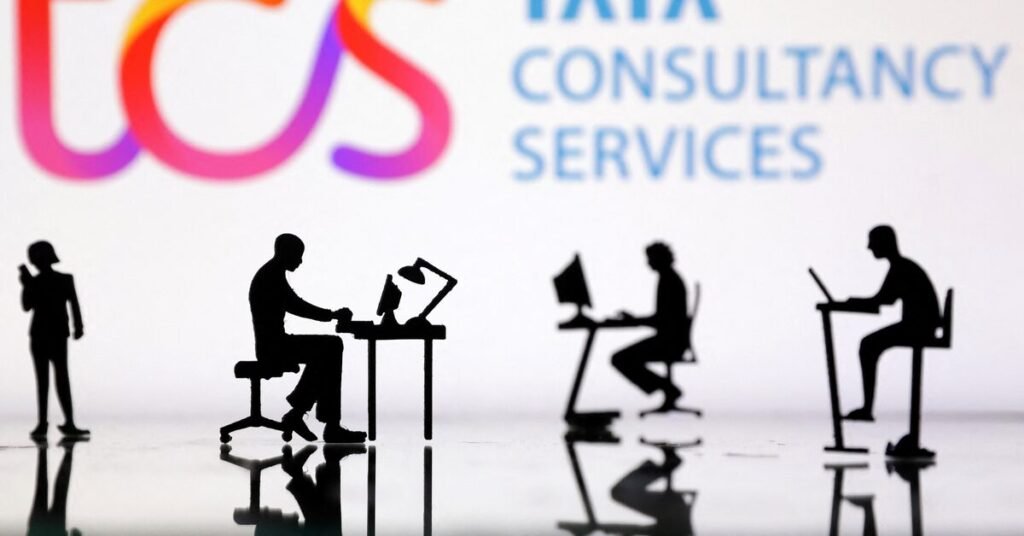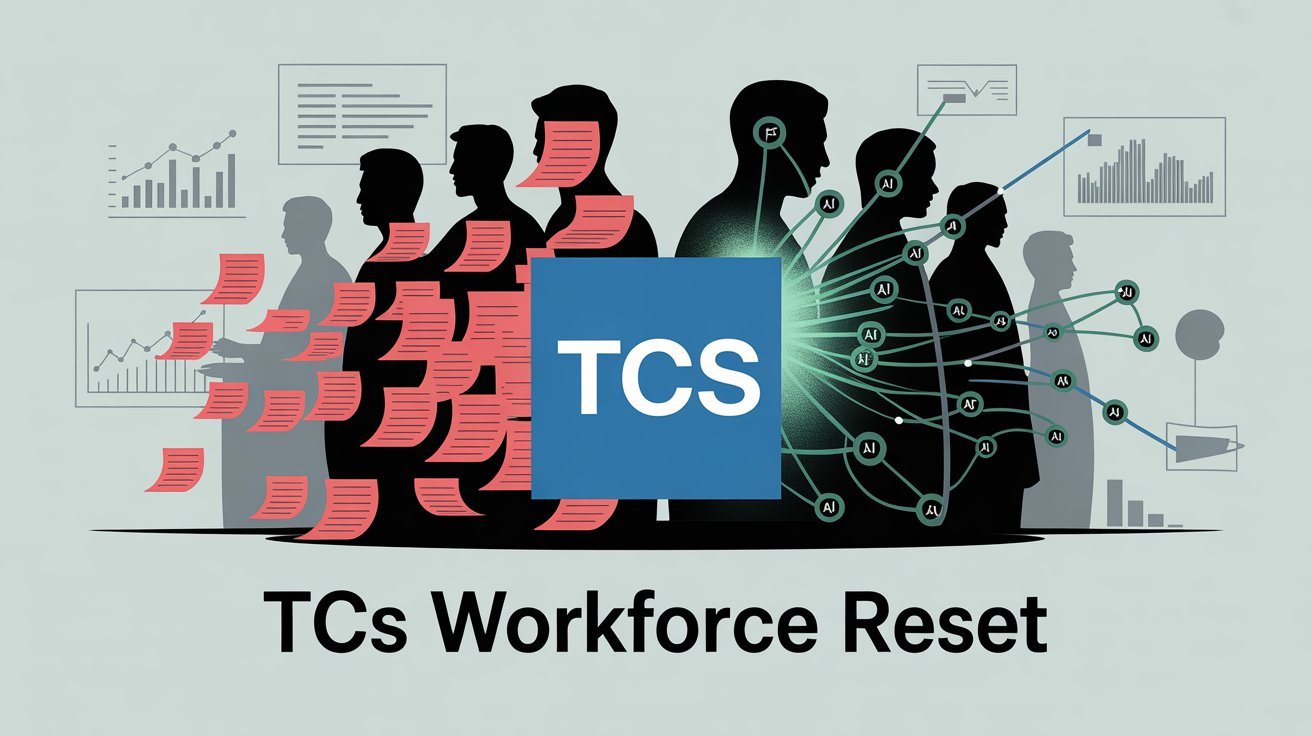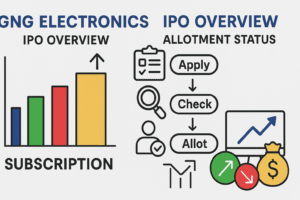
TCS Caps Bench Time at 35 Days: New Policy Mandates 225 Billing Days for Employees
🔍 TCS Bench Policy Overview: The New Deployment Framework
Core Requirements:
225 Billing Days Mandate: Every employee must be allocated to billable projects for at least 225 business days within any 12-month period.
35-Day Bench Limit: Maximum bench time reduced from previous flexible arrangements to strictly 35 business days annually.
12-Month Rolling Window: Compliance measured on a continuous 12-month basis, not calendar year.
The policy, introduced by Chandrasekaran Ramkumar, Global Head of the Resource Management Group (RMG), represents a fundamental shift in TCS’s approach to workforce management. The internal document explicitly states that long periods of remaining unallocated will adversely impact associate compensation, career growth, overseas deployment opportunities, and employment continuity.
📊 Key Changes and Requirements
Previous System
- Flexible bench periods up to 6 months
- Less stringent utilization tracking
- Minimal deployment pressure
- Limited mandatory training requirements
New Policy Framework
- Maximum 35 business days bench time
- Mandatory 225 billing days annually
- Continuous deployment monitoring
- Structured upskilling requirements
🎯 Critical Metrics
💼 Responsibility Matrix
Under the new framework, the primary responsibility for securing project allocations lies with the individual employee. Associates must proactively engage with Unit or Regional RMG teams when unallocated and actively pursue available opportunities. This marks a significant shift from the previous system where deployment was largely managed by the RMG without significant employee involvement.
👥 Impact on Employees
⚠️ Consequences of Non-Compliance
- Compensation Impact: Delayed salary increments and reduced variable pay components
- Career Stagnation: Limited promotion opportunities and slower career progression
- International Assignments: Reduced eligibility for overseas deployment opportunities
- Employment Security: Potential impact on job continuity and future employment prospects
🔄 Immediate Operational Changes
New Workplace Requirements:
- Mandatory Office Presence: Physical office attendance required for bench employees to enable quicker deployment
- Proactive Communication: Regular engagement with RMG teams and project managers
- Continuous Learning: Daily 4-6 hours dedicated to skill development and training
- Interview Readiness: Maintaining job-ready status through regular assessments
🚫 Restricted Practices
The policy specifically discourages frequent short-term project assignments, warning that such practices could lead to HR scrutiny and disciplinary action. Additionally, flexible work arrangements are severely limited, with work-from-home options available only in exceptional cases with prior RMG approval.
📋 Compliance Framework
🎓 Mandatory Training and Development
Unallocated employees must engage in structured learning activities for 4-6 hours daily through multiple platforms:
- iEvolve Platform: Comprehensive technical skill development modules
- Fresco Play: Interactive learning experiences and gamified training
- Virtual Learning System (VLS): Structured course curricula and certifications
- LinkedIn Learning: Professional development and industry-relevant skills
- Gen AI Interview Coach: AI-powered interview preparation and feedback systems
Training Compliance Requirements:
- Complete all mandatory training modules within specified timeframes
- Attend in-person sessions as recommended by RMG
- Actively implement feedback from previous interviews and assessments
- Maintain updated skill profiles and competency matrices
- Participate in knowledge sharing sessions and team discussions
🏢 Physical Presence Requirements
The policy emphasizes the importance of physical office presence to facilitate faster deployment. Remote work flexibility has been significantly curtailed, with exceptions granted only in extraordinary circumstances and requiring explicit RMG approval.
📈 Industry Context and Trends
TCS’s new policy aligns with broader industry trends across India’s top IT services companies. The move reflects sector-wide efforts to optimize workforce utilization and reduce operational costs amid challenging market conditions.
🏭 Industry-Wide Transformation
📉 Market Dynamics
Several factors are driving this industry-wide shift toward leaner operations:
- AI-Led Disruption: Automation reducing demand for traditional IT services
- Slower Deal Closures: Extended sales cycles affecting project pipeline
- Cost Optimization Pressure: Client demands for reduced service costs
- Skill Evolution: Rapid technology changes requiring continuous workforce adaptation
🔄 Competitive Landscape
Major IT companies including Infosys, Wipro, and HCLTech have implemented similar measures. Average bench time at IT services firms has dropped to 35–45 days, compared to 45–60 days in FY21, while bench sizes have shrunk to 2–5% of overall headcount, down from 10–15% earlier. Employee utilization rates have improved significantly, reaching 80–85%, while attrition has stabilized at 11–13%.
🎯 Deployment Strategy and Employee Expectations
Strategic Focus Areas:
- Multi-Domain Expertise: Developing skills across multiple technology domains to increase deployment flexibility
- Emerging Technologies: Focus on AI, cloud computing, data analytics, and digital transformation capabilities
- Client Relationship Building: Strengthening relationships with existing clients to secure repeat engagements
- Cross-Functional Skills: Developing both technical and business consulting capabilities
⚡ Rapid Deployment Mechanisms
To achieve the 35-day bench limit, TCS has implemented several fast-track deployment mechanisms:
- Project Pipeline Visibility: Enhanced transparency in upcoming project opportunities
- Skill Matching Algorithms: AI-powered systems to match employee skills with project requirements
- Cross-Unit Mobility: Increased flexibility to deploy across different business units and geographies
- Client Rotation Programs: Structured programs to move employees between client engagements
🚀 Career and Growth Implications
📈 Positive Career Outcomes
- Accelerated Learning: Continuous project exposure leading to faster skill development
- Enhanced Performance Metrics: Consistent billability improving annual performance reviews
- Increased Client Exposure: Regular client interactions building business acumen
- Leadership Opportunities: Higher visibility enabling faster progression to leadership roles
- Market Competitiveness: Developing skills that are highly valued in the job market
⚠️ Potential Challenges
Areas of Concern:
- Work-Life Balance: Reduced flexibility may impact personal commitments
- Skill Specialization: Pressure for quick deployment might limit deep specialization opportunities
- Performance Pressure: Continuous utilization tracking creating sustained stress
- Geographic Constraints: Limited flexibility for preferred location assignments
🛡️ Risk Mitigation Strategies
Employees can adopt several strategies to thrive under the new policy:
- Continuous Skill Updates: Regular assessment and updating of technical competencies
- Network Building: Maintaining strong relationships with project managers and RMG personnel
- Performance Documentation: Maintaining detailed records of achievements and contributions
- Flexibility Mindset: Developing adaptability to work across different domains and client environments
🎯 Conclusion and Future Outlook
TCS’s new bench policy represents a paradigm shift in how India’s IT industry manages human resources. The move toward mandatory 225 billing days and 35-day bench limits reflects broader industry pressures including AI disruption, cost optimization demands, and evolving client expectations.
🔑 Key Success Factors:
- Proactive engagement with deployment opportunities
- Continuous skill development and adaptation
- Strong performance consistency across projects
- Flexibility in role and location preferences
- Strategic career planning aligned with market demands
🔮 Future Implications
This policy change is likely to have several long-term implications for the Indian IT sector:
- Industry Standardization: Other major IT companies may adopt similar policies
- Talent Retention: Companies with more flexible policies may gain competitive advantage in talent acquisition
- Skill Premium: Employees with high-demand skills will command better deployment opportunities
- Organizational Agility: Faster deployment cycles enabling quicker response to market opportunities








Post Comment